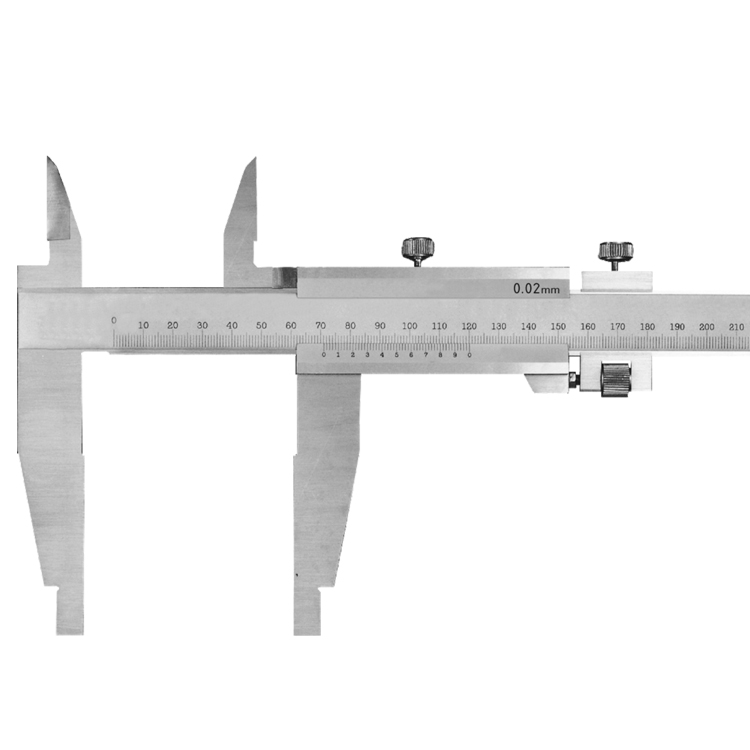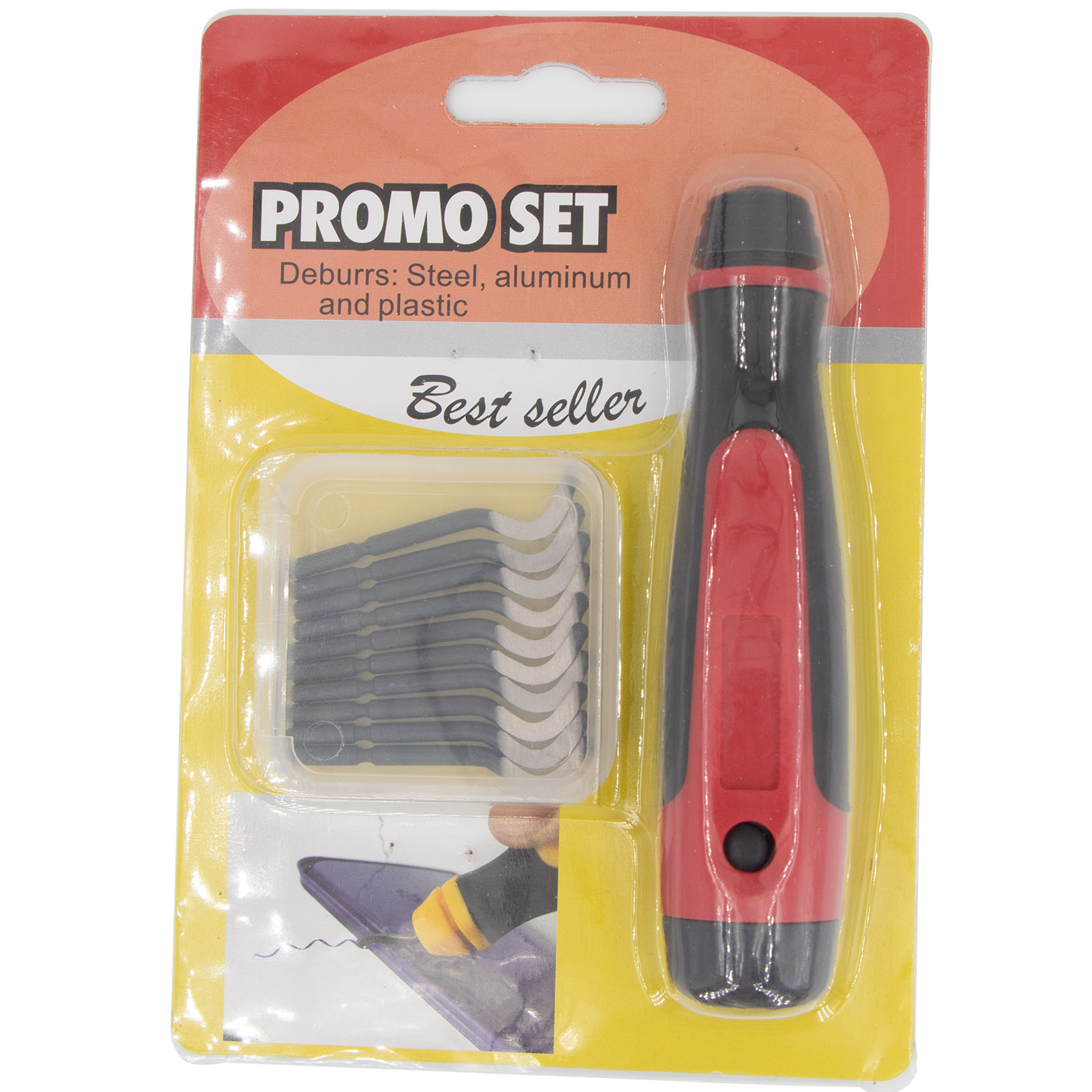Wholesale Tap Wrench
A wholesale tap wrench is a hand tool designed to securely hold and turn taps or reamers for creating or cleaning threads in holes. They come in various sizes and styles to accommodate different tap sizes and applications, making them essential for machinists, plumbers, and DIY enthusiasts alike. Selecting the right tap wrench ensures efficient and accurate threading, preventing damage to the tap and the workpiece.
Understanding Tap Wrenches: The Basics
What is a Tap Wrench?
A tap wrench is a crucial tool for threading, used to provide leverage and control when cutting internal threads into materials like metal, plastic, or wood. It securely grips the tap, allowing the user to turn it with precision, ensuring clean and accurate threads. Using a tap wrench prevents the tap from breaking and helps maintain consistent thread quality.
Types of Tap Wrenches Available in Wholesale
Different types of tap wrenches cater to various needs and applications. Knowing the differences can help you choose the right one for the job. Here's a breakdown of common types you might find available wholesale:
- Adjustable Tap Wrench: These are the most common type, featuring adjustable jaws to accommodate a range of tap sizes. They are versatile and suitable for general-purpose threading tasks.
- T-Handle Tap Wrench: T-handle tap wrenches provide excellent leverage and control, making them ideal for tapping in tight spaces or when more force is required.
- Ratchet Tap Wrench: Ratchet tap wrenches allow for continuous turning motion without having to reposition the wrench, speeding up the threading process.
- Die Stock Wrench: While primarily used for holding dies, some die stock wrenches can also accommodate taps.
Factors to Consider When Buying Wholesale Tap Wrenches
Material and Durability
The material of a tap wrench directly impacts its durability and lifespan. Look for tap wrenches made from high-quality materials like hardened steel or chrome vanadium steel. These materials offer excellent strength and resistance to wear and tear, ensuring that the wrench can withstand the stresses of repeated use. When considering wholesale purchases, the long-term durability is a key factor in cost-effectiveness.
Size and Capacity
Choosing the right size and capacity is crucial. Tap wrenches are designed to hold specific tap sizes, so ensure that the wrench you select is compatible with the taps you plan to use. Adjustable tap wrenches offer more flexibility, but it's still important to check the specified range to ensure a secure fit. Incorrect size leads to slippage and potential damage to both the tap and the workpiece. For example, Wayleading Tools offers a wide range of adjustable tap wrenches to perfectly fit your needs. Check out www.wayleading.com for more details.
Handle Design and Ergonomics
The handle design affects comfort and control. Ergonomic handles reduce hand fatigue and provide a secure grip, allowing for more precise threading. Consider tap wrenches with non-slip grips or cushioned handles for enhanced comfort during prolonged use. A comfortable handle translates to better control and reduces the risk of errors.
Price and Value
While price is a factor, focus on value. A cheap tap wrench made from low-quality materials may not last long, costing you more in the long run. Invest in a durable tap wrench that will provide years of reliable service. When buying wholesale, consider the price per unit and the overall quality to ensure a worthwhile investment.
Applications of Tap Wrenches
Metalworking
Tap wrenches are essential for creating threads in metal components, a fundamental process in metalworking. Whether you are manufacturing parts, repairing machinery, or working on custom projects, a reliable tap wrench is indispensable. They're used for everything from creating threads for bolts and screws to repairing damaged threads.
Plumbing
Plumbers use tap wrenches to create or repair threads on pipes and fittings. Ensuring tight, leak-proof connections is critical in plumbing, and a tap wrench helps achieve this. They are used to tap pipes for installing fixtures, repairing leaks, and modifying plumbing systems.
Woodworking
While less common than in metalworking, tap wrenches are also used in woodworking to create threads in wooden components. This is often done for specialized joinery or for installing threaded inserts. The versatility of a tap wrench makes it a valuable addition to any woodworking shop.
Where to Buy Wholesale Tap Wrenches
Online Suppliers
Online suppliers offer a wide selection of wholesale tap wrenches at competitive prices. Platforms like Alibaba, Global Sources, and specialized tool suppliers provide access to a vast network of manufacturers and distributors. When buying online, carefully review the supplier's reputation and product specifications to ensure quality.
Tool Distributors
Tool distributors specialize in supplying tools to businesses and professionals. They often offer better prices on wholesale orders and provide expert advice on product selection. Local tool distributors can also offer faster shipping and more personalized service.
Direct from Manufacturers
Buying directly from manufacturers can be the most cost-effective option for large wholesale orders. This eliminates the middleman and allows you to negotiate directly with the source. However, it may require larger minimum order quantities and more complex logistics.
Maintaining Your Tap Wrenches
Cleaning and Lubrication
Regular cleaning and lubrication will extend the life of your tap wrenches. After each use, wipe the wrench clean to remove any dirt, debris, or cutting fluids. Apply a light coat of oil to prevent rust and corrosion. This simple maintenance routine will keep your tap wrenches in optimal condition.
Proper Storage
Store tap wrenches in a clean, dry place to prevent rust and damage. Consider using a tool box or rack to keep them organized and protected. Proper storage not only prolongs the life of your tap wrenches but also makes it easier to find the right size when you need it.
Regular Inspection
Periodically inspect your tap wrenches for signs of wear or damage. Check for loose jaws, worn handles, or any other defects that could affect performance. Replace any damaged tap wrenches immediately to prevent accidents and ensure accurate threading.
Advanced Techniques for Using Tap Wrenches
Using Cutting Fluids
When tapping metal, use a cutting fluid to lubricate the tap and cool the workpiece. This reduces friction, prevents the tap from overheating, and produces cleaner threads. Different cutting fluids are available for various materials, so choose the right one for your application.
Backing Out Chips
Periodically back out the tap to break and remove chips of material. This prevents the chips from clogging the threads and damaging the tap. A general rule of thumb is to turn the tap forward a few turns and then back it out half a turn to clear the chips.
Starting Straight
Ensuring that the tap starts straight is crucial for creating accurate threads. Use a tap guide or a square to align the tap with the hole before starting to turn the wrench. This will help prevent cross-threading and ensure that the threads are perpendicular to the surface.
Troubleshooting Common Issues
Tap Breaking
If a tap breaks, it could be due to excessive force, insufficient lubrication, or a dull tap. Use a tap extractor to remove the broken tap from the hole. To prevent future breaks, use the correct size tap, apply sufficient lubrication, and avoid applying excessive force.
Cross-Threading
Cross-threading occurs when the tap is not aligned properly with the hole, resulting in damaged threads. To avoid cross-threading, use a tap guide, start slowly, and ensure that the tap is perpendicular to the surface. If cross-threading occurs, you may need to use a thread chaser to repair the threads.
Stripped Threads
Stripped threads occur when the threads are damaged or worn down, making it difficult to tighten fasteners. To repair stripped threads, you can use a thread repair kit or install a threaded insert. Prevent stripped threads by using the correct torque when tightening fasteners and avoiding overtightening.
Wholesale Tap Wrench Selection Guide
| Feature | Considerations |
|---|---|
| Type | Adjustable, T-Handle, Ratchet |
| Material | Hardened Steel, Chrome Vanadium Steel |
| Size Range | Match to your tap sizes |
| Handle Ergonomics | Comfortable grip, Non-slip |
| Price/Value | Balance cost and durability |
Conclusion
Choosing the right wholesale tap wrench involves understanding your specific needs, considering factors like material, size, and handle design, and selecting a reputable supplier. By following these guidelines, you can ensure that you are investing in a tool that will provide reliable performance for years to come. Whether you're in metalworking, plumbing, or woodworking, a quality tap wrench is essential for creating accurate and durable threads.
Related products
Related products
Best selling products
Best selling products-
 Deburring Tool Blades Using For Deburring
Deburring Tool Blades Using For Deburring -
 Precision Vernier Caliper With Nib Style & Standard Style Jaws Of Metric & Imperial For Industrial
Precision Vernier Caliper With Nib Style & Standard Style Jaws Of Metric & Imperial For Industrial -
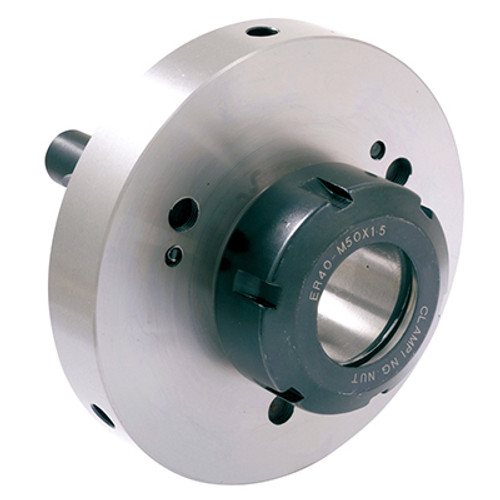 Camlock ER Collet Fixture With Lathe Collet Chuck
Camlock ER Collet Fixture With Lathe Collet Chuck -
 Type A Cylinder Tungsten Carbide Rotary Burr
Type A Cylinder Tungsten Carbide Rotary Burr -
 Precision Straight Shank To Morse Taper Adapter
Precision Straight Shank To Morse Taper Adapter -
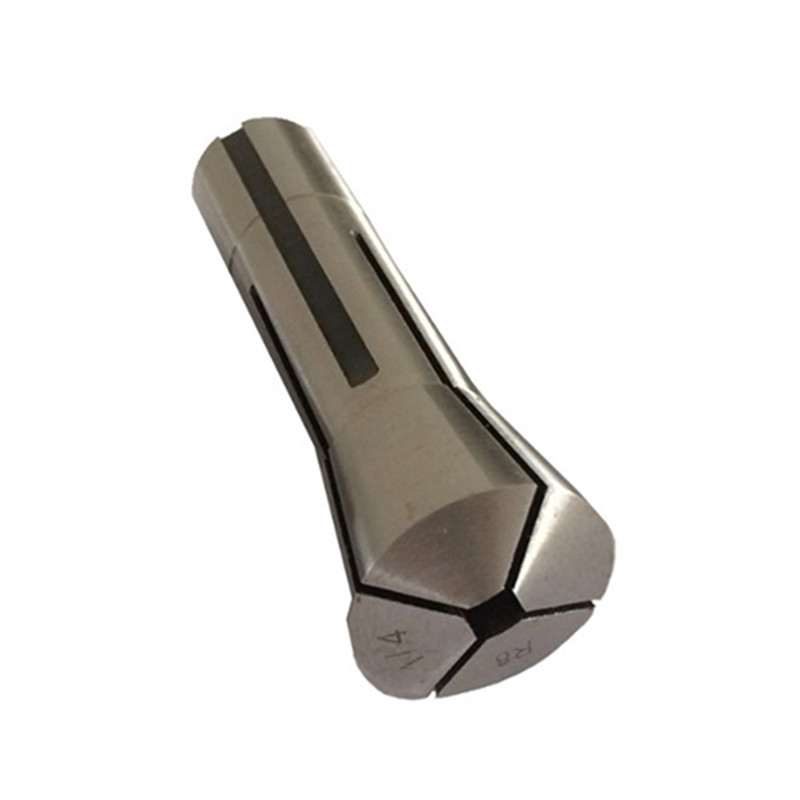 R8 Square Collet With Inch and Metric Size
R8 Square Collet With Inch and Metric Size -
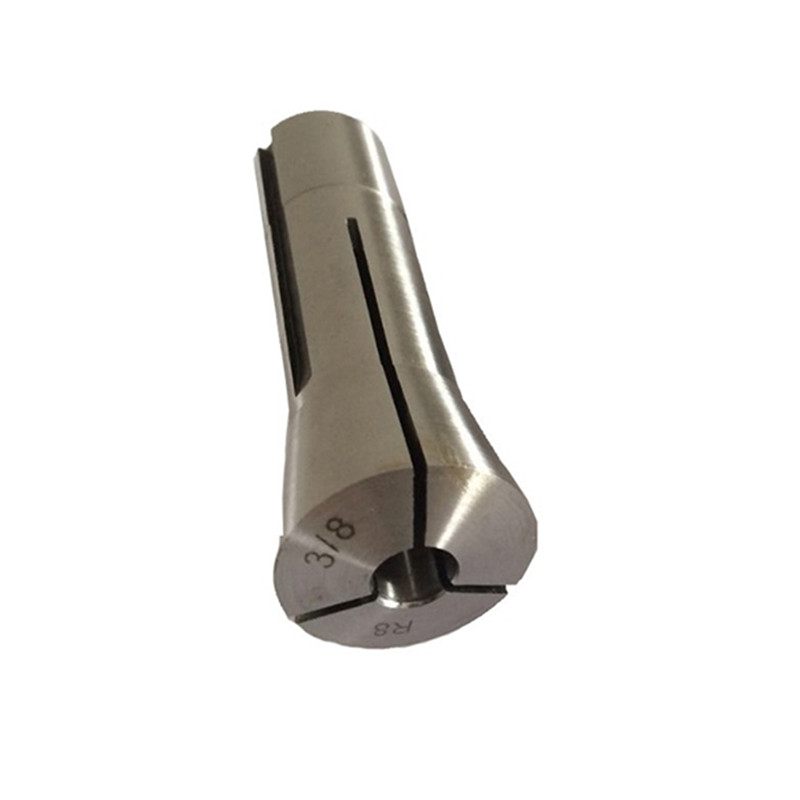 R8 Round Collet With Inch and Metric Size
R8 Round Collet With Inch and Metric Size -
 Precision Outside Micrometer Set With digit Counter Of Inch & Metric With Rachet Stop
Precision Outside Micrometer Set With digit Counter Of Inch & Metric With Rachet Stop -
 Precision Dustproof Dial Caliper Of Double Shock-Proof For Industrial
Precision Dustproof Dial Caliper Of Double Shock-Proof For Industrial -
 HSS Inch Taper Shank Twit Drills For Metal Cutting Of High Precision
HSS Inch Taper Shank Twit Drills For Metal Cutting Of High Precision -
 Precision Vernier Caliper With Nib Style Jaws Of Metric & Imperial For Industrial
Precision Vernier Caliper With Nib Style Jaws Of Metric & Imperial For Industrial -
 Auto Self Reversible Tapping Chuck In Drill Machine
Auto Self Reversible Tapping Chuck In Drill Machine

